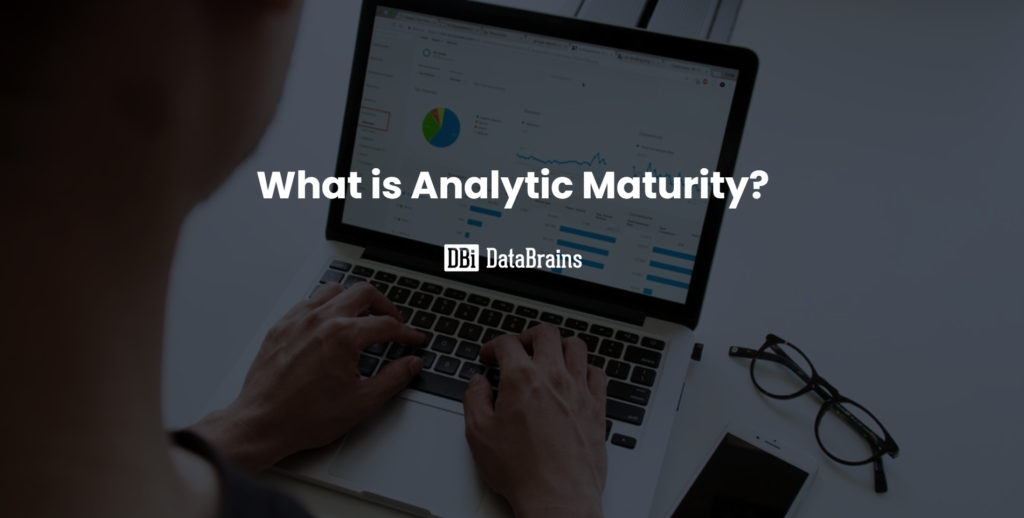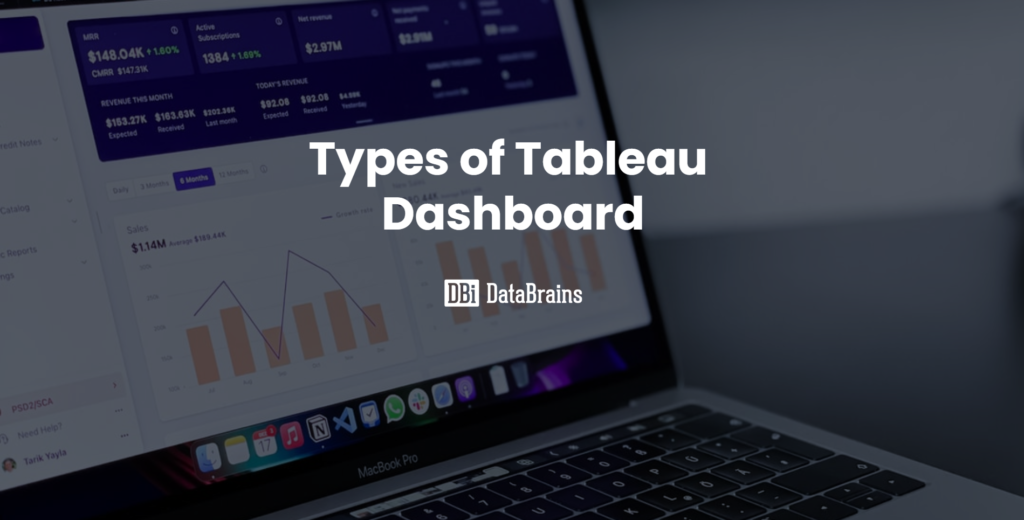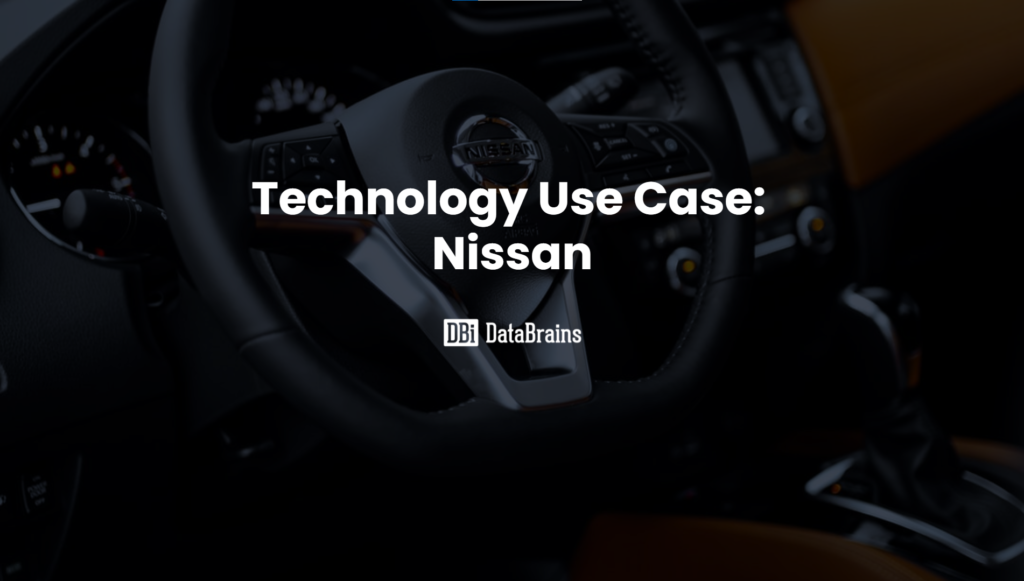Cloud data management is one of the critical elements of remaining competitive in today’s tech-driven global economy. Competitive advantages of a modern data strategy are based on being fast, responsive, and agile, enabling data-driven decisions to identify and seize opportunities when they arise.
Evolving cloud technologies offer unprecedented opportunities to rapidly respond to changing business conditions. Cloud-based data management enables businesses to modernize their data architecture and easily incorporate external data sources for further enrichment. This architecture allows companies to streamline processes, improve results, and provides a clear competitive advantage unlocking value for the business.
Benefits of Cloud Data Management
1. Increased Business Agility
One of the primary components of digital transformation is business agility; the ability of an organization to respond quickly and effectively adapt to a new business environment. Cloud data management enables organizational agility by improving efficiency, and significantly decreasing the time to market for new analytics and even customer facing services.
2. Data Scalability
Because virtualization is the basic premise of cloud technology, it is easy to commission and decommission new databases, storage, and analytics servers as needed, without the need for expensive new capital investments. An enterprise can make immediate use of new sources of data as soon as they are identified, without the typical effort required of legacy architecture and IT processes. Combined with next generation data integration and database technology, this scalable cloud architecture enables responsiveness and ensures that the environment is flexible to the needs of the company.
3. Collaboration
A successful digital transformation results in a more collaborative, transparent environment – with data that is easily communicated and shared throughout the organization. Cloud data management enables collaboration by providing 24/7 data accessibility and up-to-date results for faster, more accurate communication of information across mobile teams.
4. Innovation
Cloud technology supports advanced analytics, driving business innovation by turning data into actionable insights. This leads to innovation in internal technologies and processes, products and services, and customer-experience improvements. A cloud-based data strategy provides the foundation for adding artificial intelligence (AI), robotic process automation (RPA) and advance forecasting capabilities to further future proof your investment.
5. Data Security
Business leaders continue to identify new use cases to integrate data from internal systems with external sources and to share this data with stakeholders outside the corporate network, including remote knowledge-workers, suppliers, and customers. These requirements are often driven by corporate mobile data strategy.
This evolution to an always-on and broadly connected data environment continues to challenge Information Technology teams to balance the critical needs of the business and their duty to secure corporate data assets. A cloud-based data architecture satisfies both of these important objectives by providing performant and secure data integration, storage, encryption, and access.
Cloud data management is a key component of a technologically advanced organization, creating new applications for data analytics to drive organizational goals. A recent study¹ found a direct correlation between an organization’s digital strength and projected revenue growth, which can be attributed to improved decision-making and enhanced customer experiences.
Applying cloud technology to data management allows a company to improve data security and scalability, while becoming more agile, flexible, and collaborative. These factors could very well be a key component of long-term business success, as technology continues to drive enterprise data modernization.
Secure Cloud Managed Services
DataBrains Analytics Cloud delivers secure cloud managed services for hosting and managing Tableau data visualizations. As a AWS, and Snowflake partner, our data experts leverage years of cloud expertise to maximize the potential of data management systems while minimizing costs.
By leveraging the expertise of certified Tableau data experts like DataBrains, business leaders and decision-makers can focus on driving real strategic growth and innovation rather than struggling with the nitty gritty of on-premise data management.
If your teams are struggling to make sense of your existing data and/or are ready to modernize your business intelligence platform for future growth, connect with our data experts for a quick consultation.
Sources:
1. https://www.salesforce.com/blog/2018/02/isobar-digital-strength-index.html









